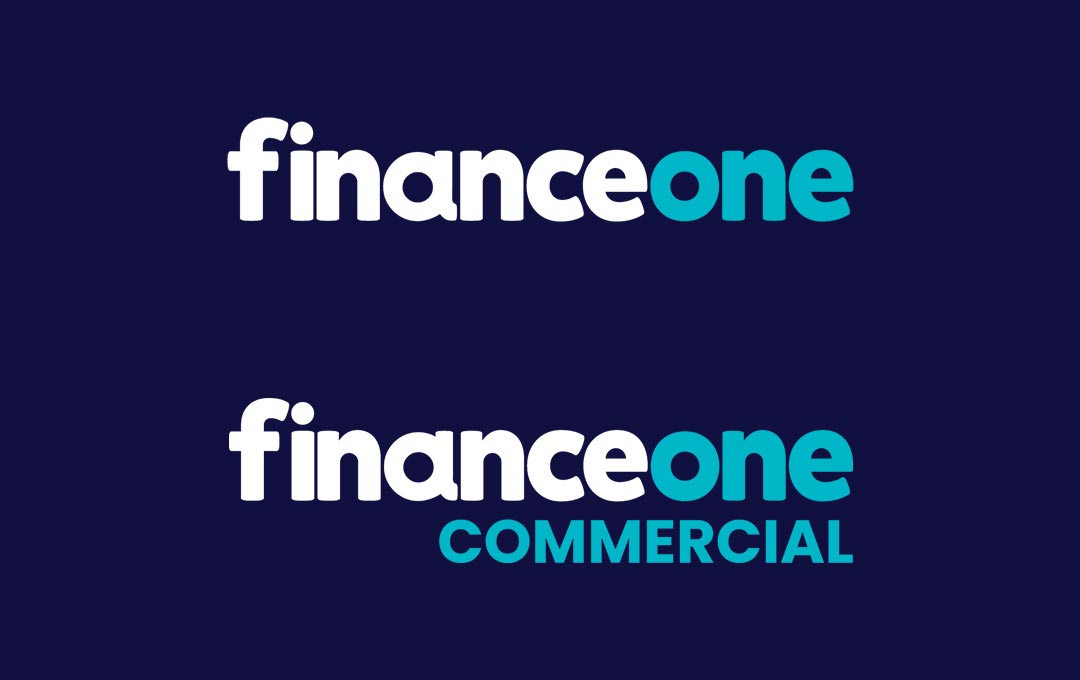Your credit score plays a crucial role in determining your eligibility for a car loan and the interest rate you’ll be offered. Whether you’re buying your first car or upgrading to a newer vehicle, understanding credit score requirements can help you prepare and make informed decisions. So, what credit score is needed for a car loan? Let’s dive in.
What Is a Credit Score?
A credit score is a representation of your credit worthiness based on your financial history. In Australia, credit scores typically range from 0 to 1200, with higher scores indicating better credit worthiness. Lenders use this score to assess the level of risk involved in offering you a loan.
Credit score categories generally fall into the following brackets:
- Excellent: 833–1,200
- Very Good: 726–832
- Good: 622–725
- Fair: 510–621
- Low: 0–509
Minimum Credit Score for a Car Loan
While there’s no set minimum credit score for car loans, most lenders like borrowers to have at least a “Fair” credit score (510 or higher). A higher credit score not only improves your chances of approval but also gives you better interest rates and terms. Here’s how different credit score ranges can affect your loan application:
1. Excellent and Very Good Scores
Borrowers in these ranges often qualify for the best loan terms, including lower interest rates and higher borrowing amounts.
2. Good Scores
With a “Good” credit score, you’re likely to receive competitive interest rates and favourable terms, though they may not be as optimal as those with “Excellent” scores.
3. Fair Scores
Borrowers with “Fair” credit scores may face slightly higher interest rates and stricter lending conditions. Some lenders may require a larger deposit or more documentation to approve your loan.
4. Low Scores
If your score falls into the “Low” category, obtaining a car loan can be challenging. However, specialised lenders, such as Finance One, can offer solutions tailored to borrowers with less than perfect credit.
Improving Your Credit Score for a Car Loan
If your credit score isn’t where you’d like it to be, here are some practical steps to improve it:
- Ensure all your financial obligations, such as utility bills and credit card payments, are paid on time.
- Lower your outstanding debts to improve your credit score.
- Regularly review your credit report to correct any errors.
- Avoid multiple loan applications within a short period. This can negatively impact your score.
- Build a consistent track record of responsible borrowing to enhance your credit score over time.
Why Choose Finance One?
So, what credit score is needed for a car loan? While having a higher credit score opens the door to better rates and terms, it’s not the only factor lenders consider. If your credit score isn’t ideal, don’t worry; there are still options available to you. At Finance One, we’re here to help you navigate the car loan process and find a solution that works for you.
Ready to explore your options? Contact Finance One today and take the first step towards owning your next car.
Disclaimer: The information above is of a general nature only and does not consider your personal objectives, financial situation or particular needs. You should consider seeking independent legal, financial, taxation or other advice to check how the information relates to your particular circumstances. We do not accept responsibility for any loss arising from the use of, or reliance on, the information.



